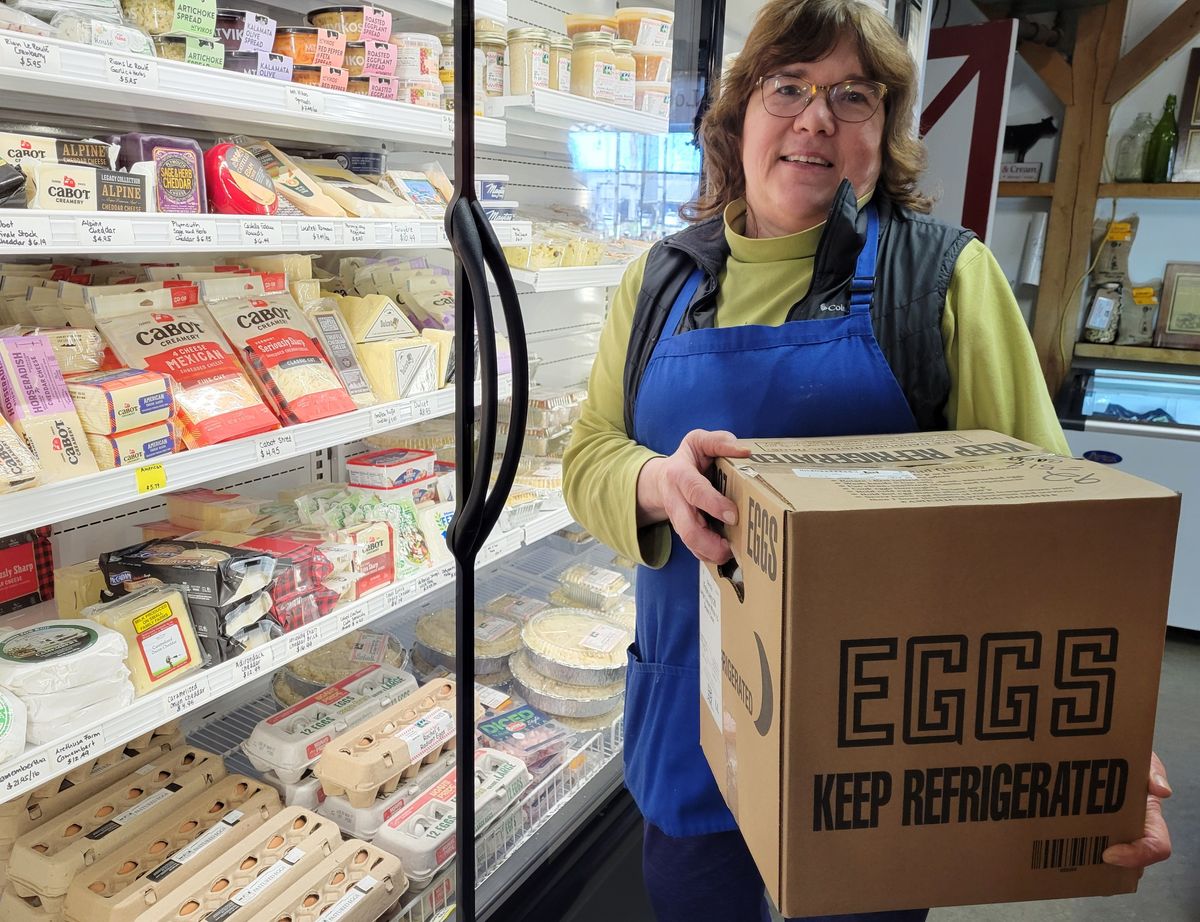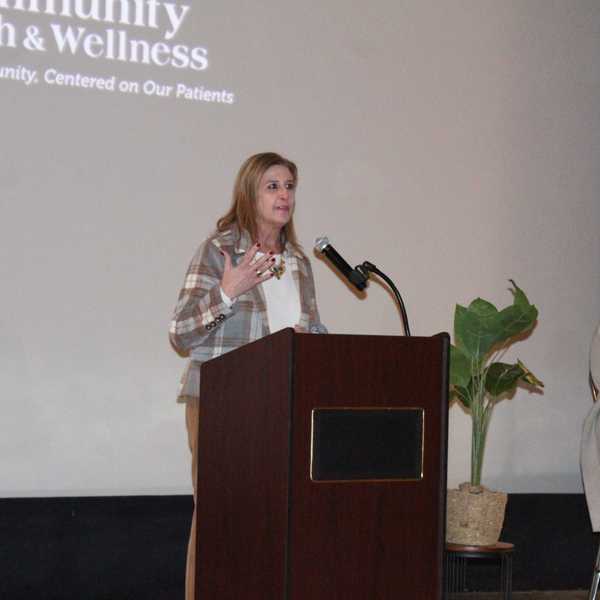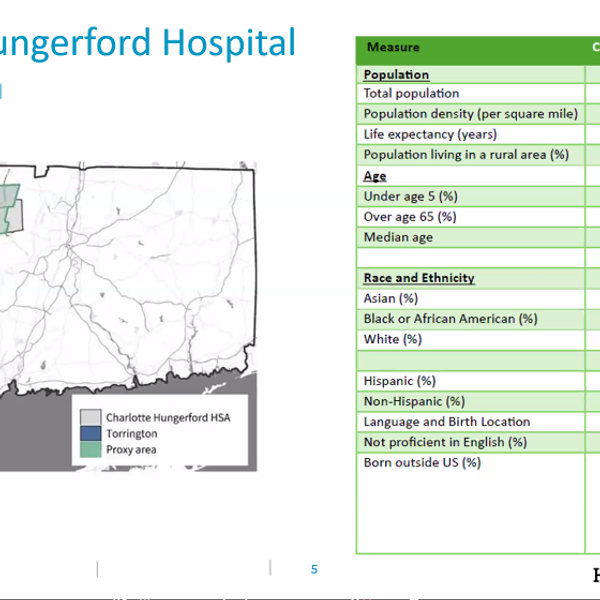A new year, a new scramble to keep up with soaring egg prices, bird flu crisis

Theresa Freund, manager of Freund’s Farm Market and Bakery in East Canaan, said the price for 15 dozen large eggs has risen by about $10 dollars every week, with no sign of slowing down.
Debra A. Aleksinas
 The Freund flock in its protected enclosure.Debra A. Aleksinas
The Freund flock in its protected enclosure.Debra A. Aleksinas

















